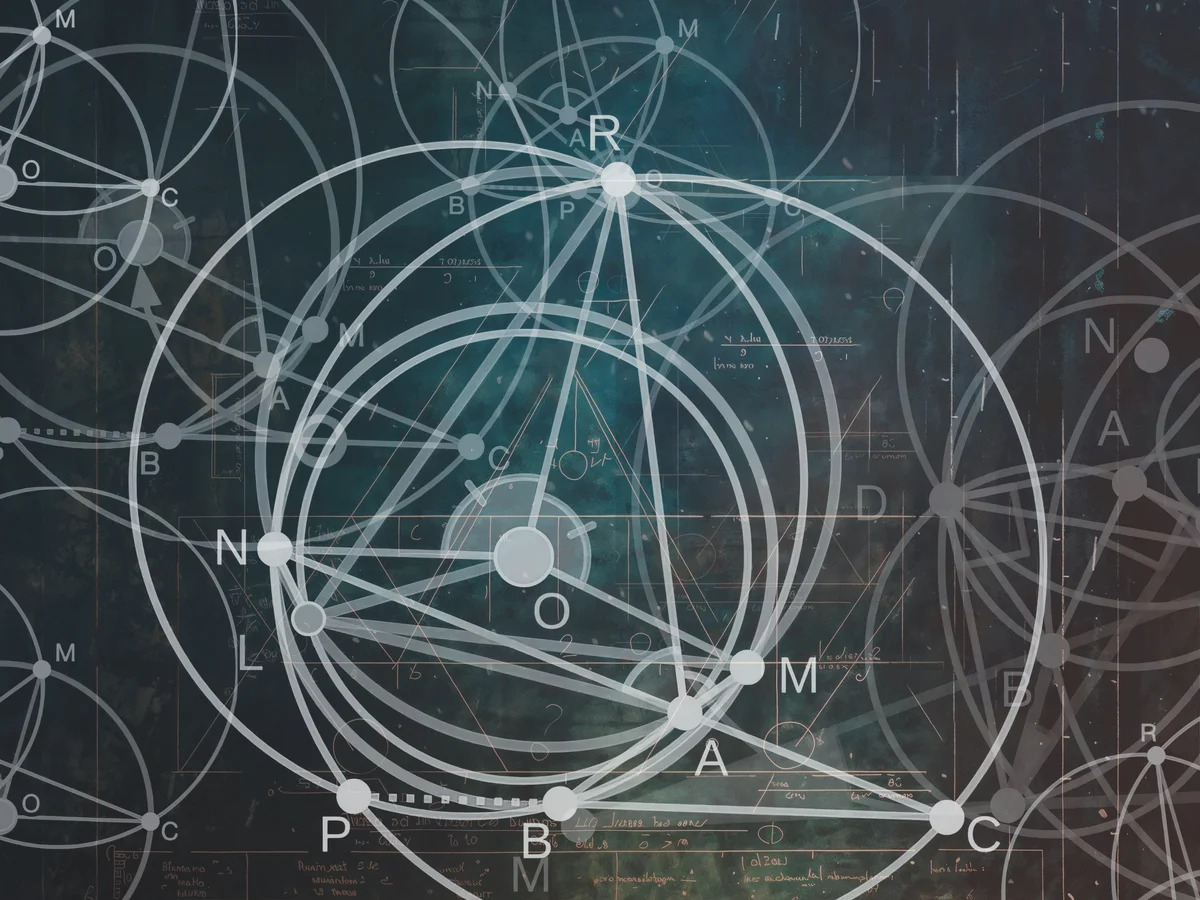
Mathematics isn't just about numbers and equations; it's a universal language that explains the world around us. From ancient civilizations using basic arithmetic to modern-day algorithms powering our technology, math has always been a cornerstone of human progress. Ever wondered why a pizza is cut into eight slices or how bees build hexagonal honeycombs? Math has the answers! This blog post dives into 22 fascinating facts about mathematics that will make you see the subject in a whole new light. Whether you're a math whiz or someone who barely passed algebra, these tidbits will spark your curiosity and maybe even make you appreciate the beauty of numbers.
The Origins of Mathematics
Mathematics has a rich history that dates back thousands of years. Let's explore some fascinating facts about its origins.
- The ancient Egyptians used a decimal system as early as 3000 BCE.
- Babylonians developed a base-60 number system around 2000 BCE, which is why we have 60 seconds in a minute.
- The word "mathematics" comes from the Greek word "mathema," meaning "knowledge" or "learning."
- Pythagoras, a Greek mathematician, is often called the "Father of Numbers."
Mathematical Concepts and Theories
Mathematics isn't just about numbers; it's also about concepts and theories that shape our understanding of the world.
- Euclid's "Elements" is one of the most influential works in the history of mathematics, laying the groundwork for geometry.
- The Fibonacci sequence, introduced by Leonardo of Pisa, appears in nature, such as in the arrangement of leaves on a stem.
- Zero was first used as a number by ancient Indian mathematicians around the 5th century.
- The concept of infinity was rigorously defined by German mathematician Georg Cantor in the 19th century.
Famous Mathematicians
Many brilliant minds have contributed to the field of mathematics. Here are some notable mathematicians and their achievements.
- Isaac Newton co-invented calculus and made significant contributions to physics and astronomy.
- Carl Friedrich Gauss, known as the "Prince of Mathematicians," made groundbreaking discoveries in number theory.
- Ada Lovelace is considered the first computer programmer for her work on Charles Babbage's early mechanical general-purpose computer.
- Alan Turing, a pioneer in computer science, developed the concept of the Turing machine, a fundamental model of computation.
Mathematical Applications
Mathematics is not just theoretical; it has practical applications that impact our daily lives.
- Cryptography, the practice of secure communication, relies heavily on mathematical algorithms.
- Statistics is used in various fields, from medicine to economics, to analyze data and make informed decisions.
- Algorithms, which are step-by-step procedures for calculations, are the backbone of computer programming.
- The Global Positioning System (GPS) uses complex mathematical equations to provide accurate location data.
Fun and Quirky Facts
Mathematics can be fun and quirky too! Here are some interesting tidbits that might surprise you.
- A "googol" is the number 1 followed by 100 zeros, and a "googolplex" is 1 followed by a googol of zeros.
- The number 1729 is known as the Hardy-Ramanujan number because it is the smallest number expressible as the sum of two cubes in two different ways.
- Pi (?) is an irrational number, meaning it cannot be expressed as a simple fraction, and its decimal representation never ends or repeats.
- The number 7 is often considered the world's favorite number, according to various surveys.
Modern Mathematical Breakthroughs
Mathematics continues to evolve with new discoveries and breakthroughs in modern times.
The Final Equation
Math isn't just numbers and equations; it's a universal language. From ancient civilizations to modern technology, mathematics shapes our world in countless ways. Whether you're fascinated by prime numbers, intrigued by Fibonacci sequences, or amazed by the concept of infinity, there's always something new to learn.
Understanding math can open doors to careers in engineering, computer science, finance, and more. It sharpens critical thinking and problem-solving skills, which are valuable in everyday life. So next time you encounter a challenging math problem, remember you're part of a long tradition of thinkers and innovators.
Keep exploring, questioning, and discovering the wonders of math. Who knows? You might just find the next big breakthrough or simply enjoy the beauty of a well-solved equation. Math is everywhere, and it's here to stay.
Was this page helpful?
Our commitment to delivering trustworthy and engaging content is at the heart of what we do. Each fact on our site is contributed by real users like you, bringing a wealth of diverse insights and information. To ensure the highest standards of accuracy and reliability, our dedicated editors meticulously review each submission. This process guarantees that the facts we share are not only fascinating but also credible. Trust in our commitment to quality and authenticity as you explore and learn with us.


